For some reason, Filipinos have an innate allergic reaction upon hearing the words “hybrid” and “electric.”
To be honest, this country’s aversion to electrified vehicles is built upon a foundation of myths and misconceptions of people who don’t have a single clue.
It doesn’t help that we have a profound relationship with fuel-sipping machines either. Heck, despite the global auto industry veering away from diesel, oil-burners continue to sell among Filipinos just because it’s the cheaper option. That’s despite the higher cost of maintenance in the pipeline. We just can’t let go and move on.
Toyota Motor Philippines has already been offering hybrid models to local consumers. More economical, more efficient, and in case you aren’t aware (which what probably the case is), they’re also more affordable than the company’s previous offerings.
Right now, the Corolla Altis Hybrid and Corolla Cross Hybrid are up on the automaker’s lineup, competitively priced against their non-hybrid rivals.
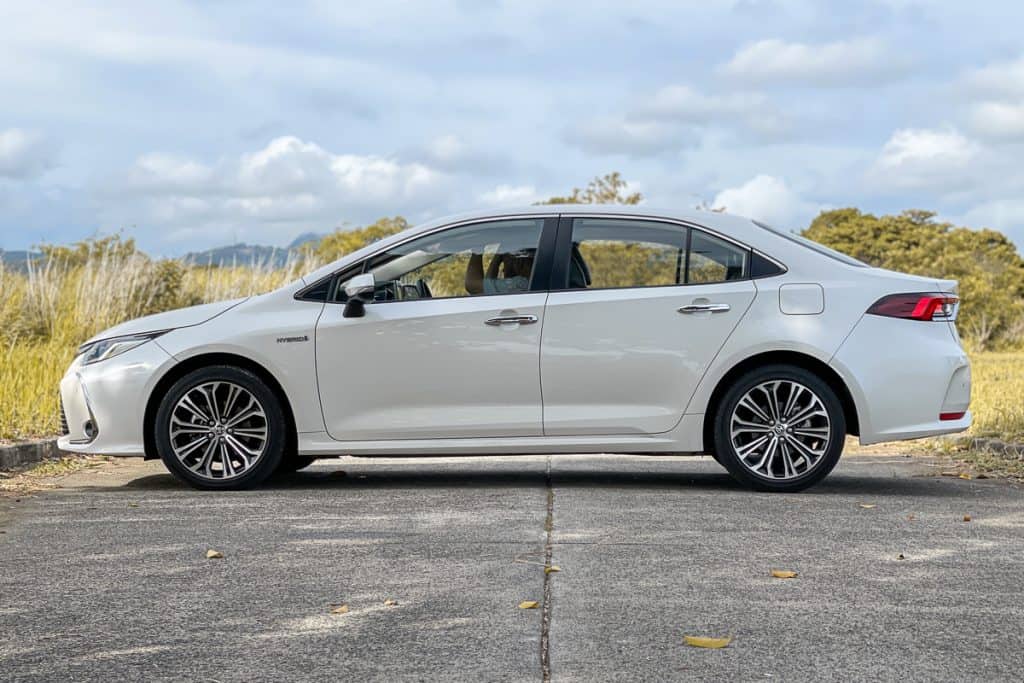
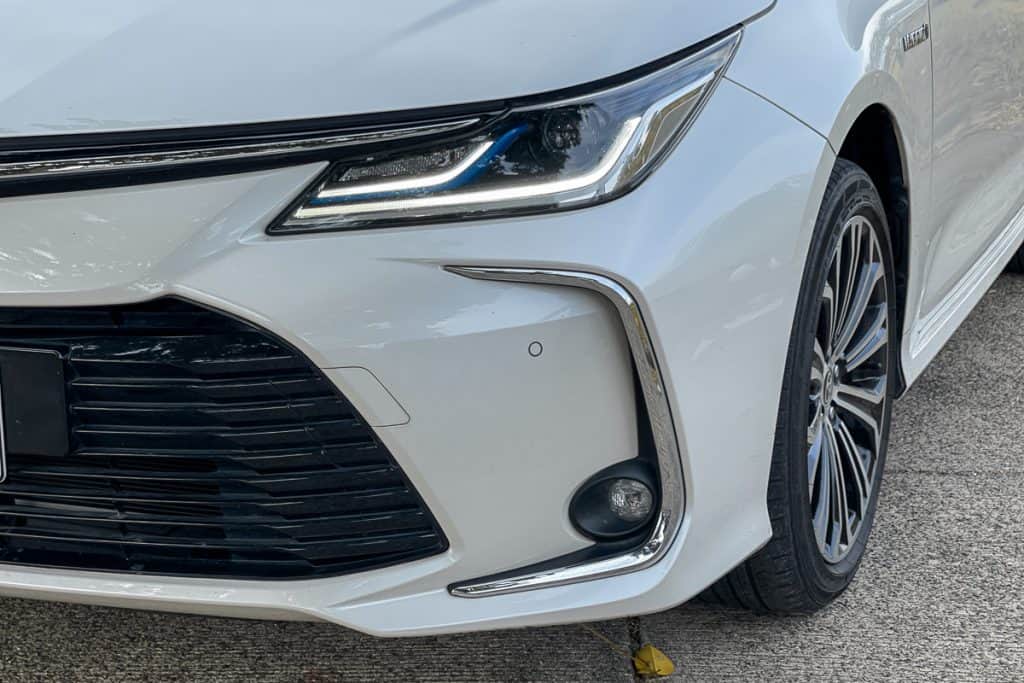
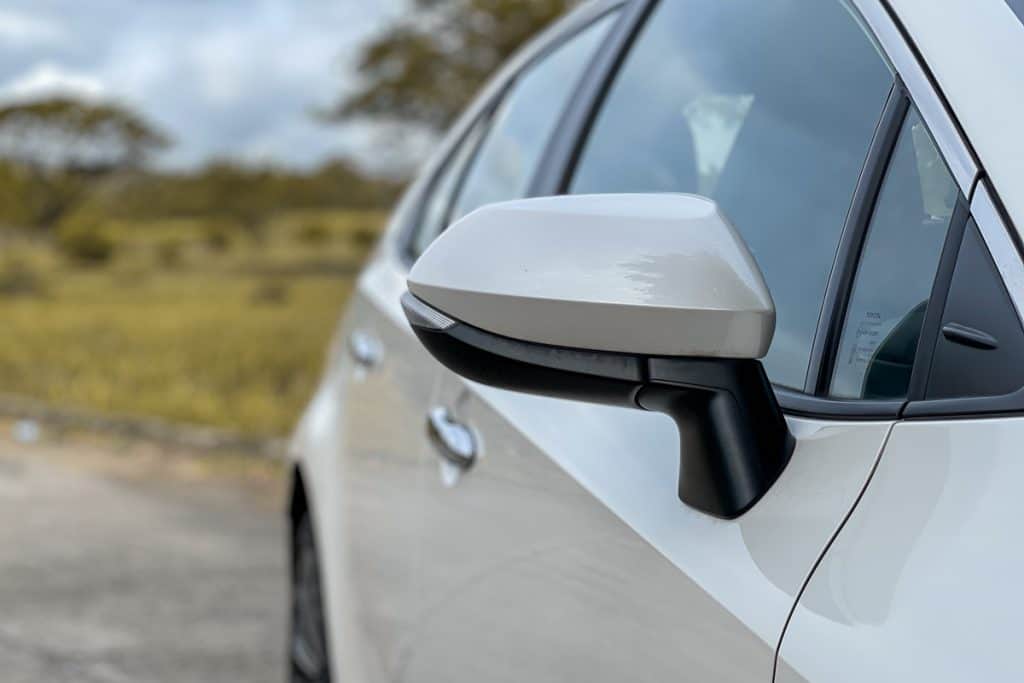
But the truth is, people haven’t been buying hybrids for reasons that are honestly dumb. What’s even more frustrating is that car buyers choose to believe what they’re told despite compelling shreds of evidence readily available. For a country with a huge chunk of the population spending a lot of time on the internet, we’re ironically misinformed.
So again, once and for all, let me list down hybrid misconceptions that car buyers should stop believing today.
You need to charge a Toyota Hybrid.
The very thing that makes hybrids great is that you don’t need to charge them. Both the Corolla Altis Hybrid and Corolla Cross Hybrid use a Series-Parallel hybrid system, which is biased in using the electric motor with the gasoline engine at bay for boost.
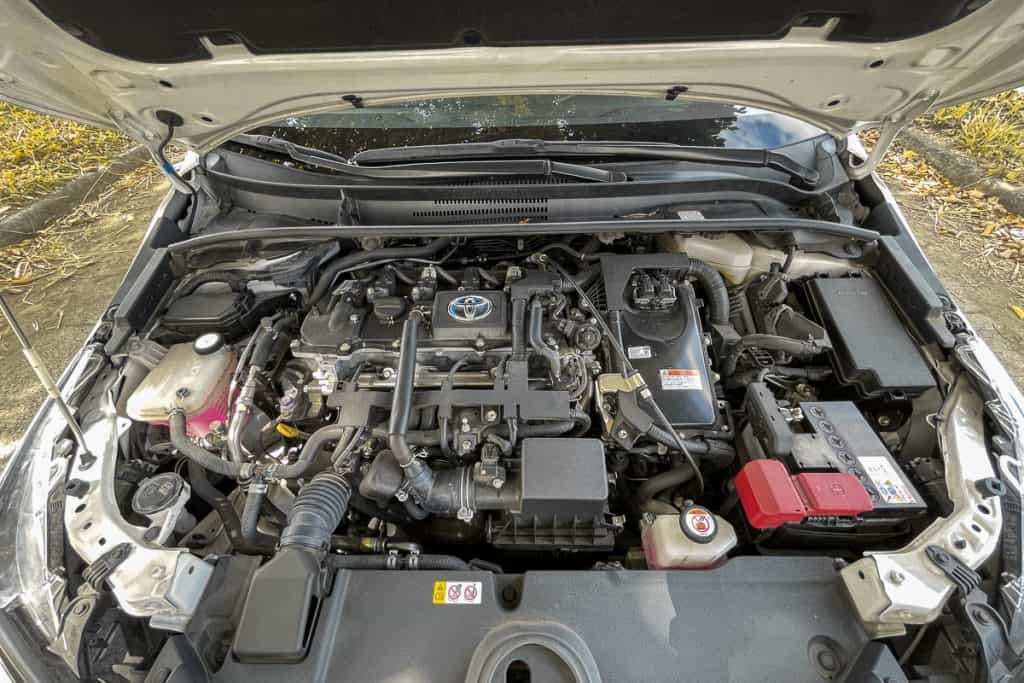
Through recycling excess kinetic energy via regenerative braking, Toyota hybrids never ever have the need to meet a wall socket.
Hybrid batteries are disposable.
Technology has already come a long way, so much so that these hybrid models’ nickel-metal hydride batteries lodged underneath the rear seats are expected to last a vehicle’s lifespan.
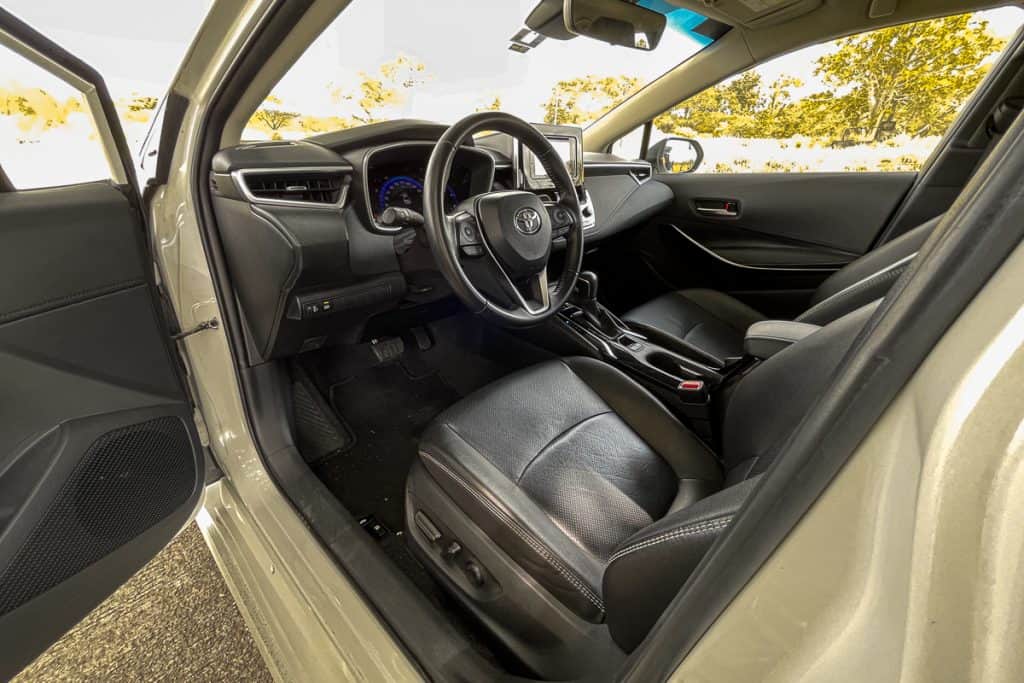
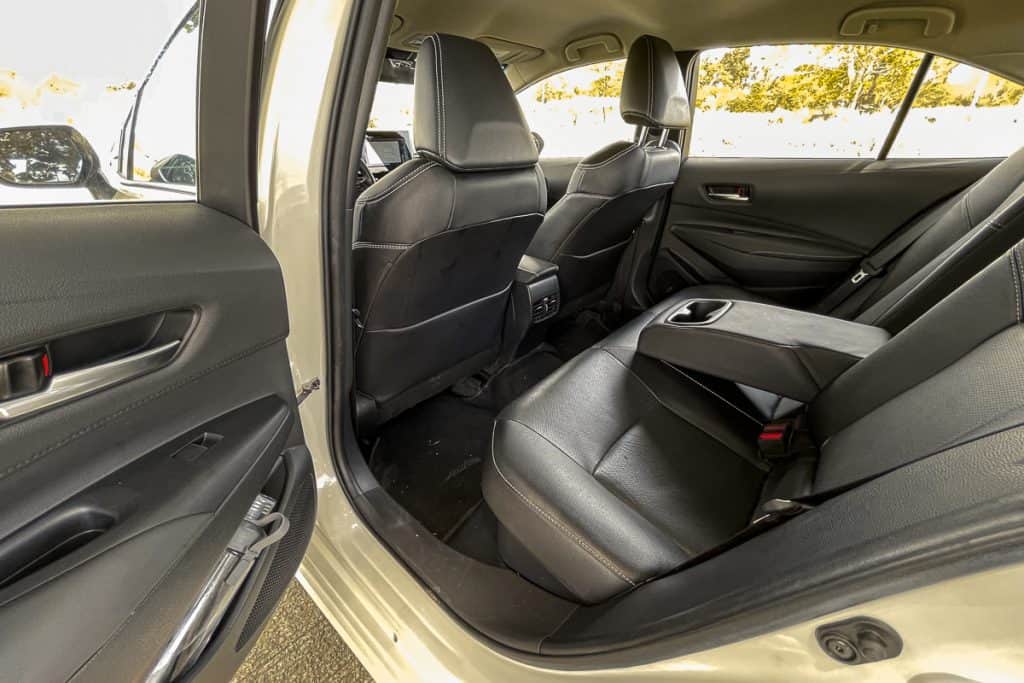
Of course, that will depend upon the owner’s usage. But in case you’re still anxious, TMP throws in a 5-year warranty for hybrid batteries or 200,000 kilometers, whichever comes first. For a car that’s used daily, that should be more than enough.
Toyota hybrids have a special PMS procedure.
The schedule, procedures, and anything related to servicing a Toyota hybrid vehicle is largely the same as servicing a gasoline-powered car. You may also do so in TMP’s vast network of dealerships nationwide.
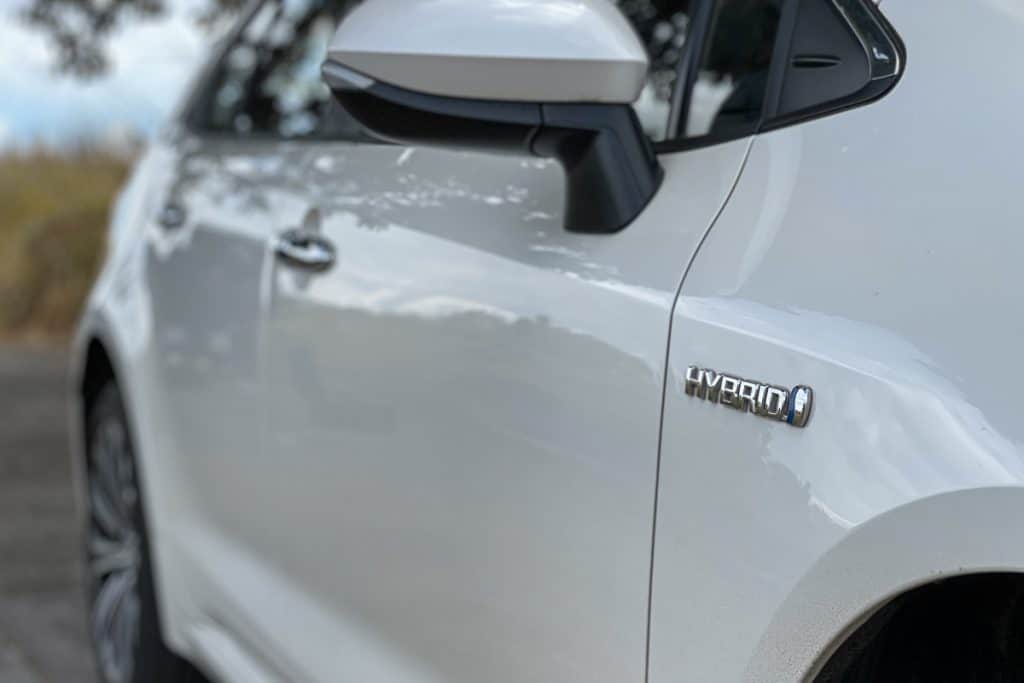
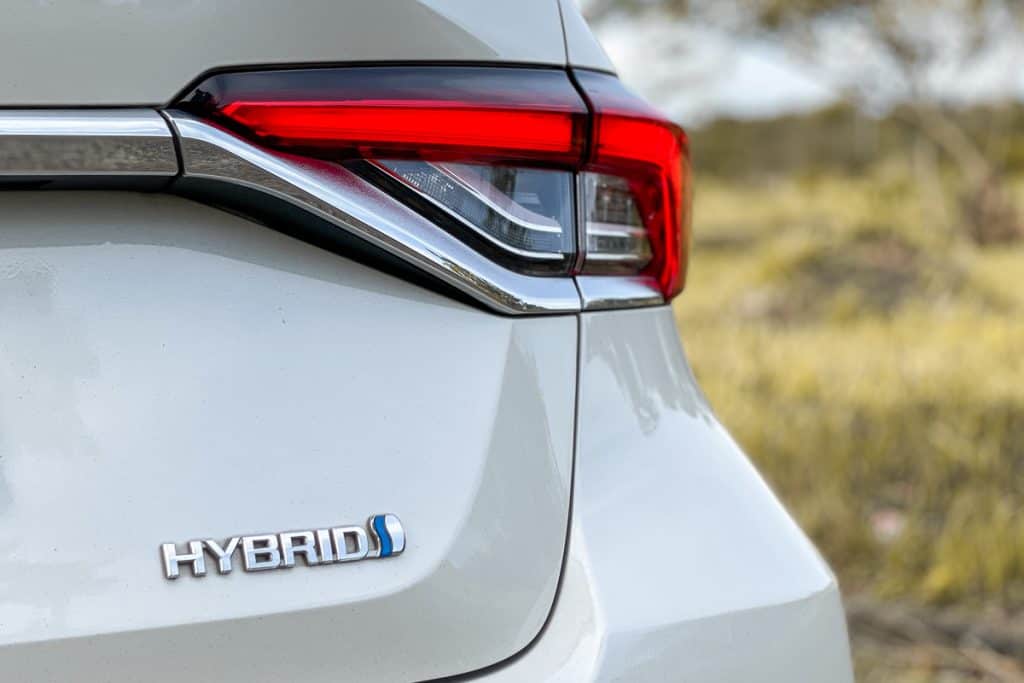
If there’s any difference, that would be the replacement for the filter of the hybrid powertrain’s cooling system, which should be a marginal cost on top of your usual PMS fee. Owners are notified through a popup notification when it’s time to replace the said filter.
Toyota hybrids are dangerous in floods.
The addition of a battery in the flow of energy doesn’t exactly make hybrids more dangerous when driven through floods. As with the other electrical systems of modern machines, the connections are weather-proof.
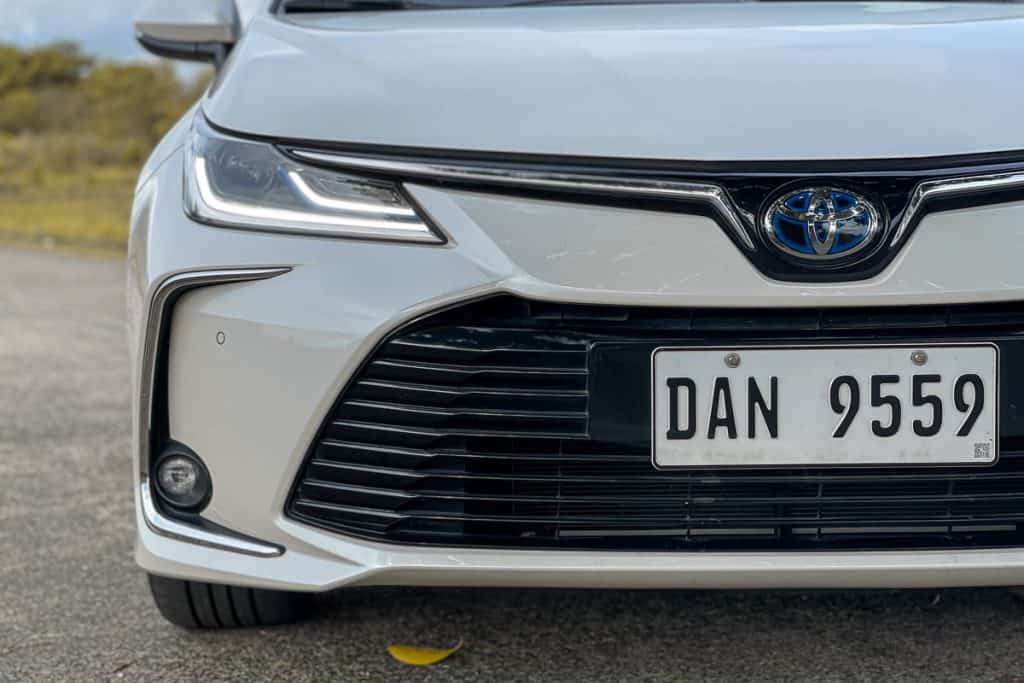
But then again, any vehicle – even your brand-new ladder-frame SUV – isn’t supposed to go through floods. There are reasons these vehicles have four wheels and not a propeller.
Toyota hybrids aren’t fun to drive.
If your definition of fun is law-breaking speeds, then you’re in the wrong country. Go to Germany where there’s a highway without speed limits, or prove your worth in a race track.
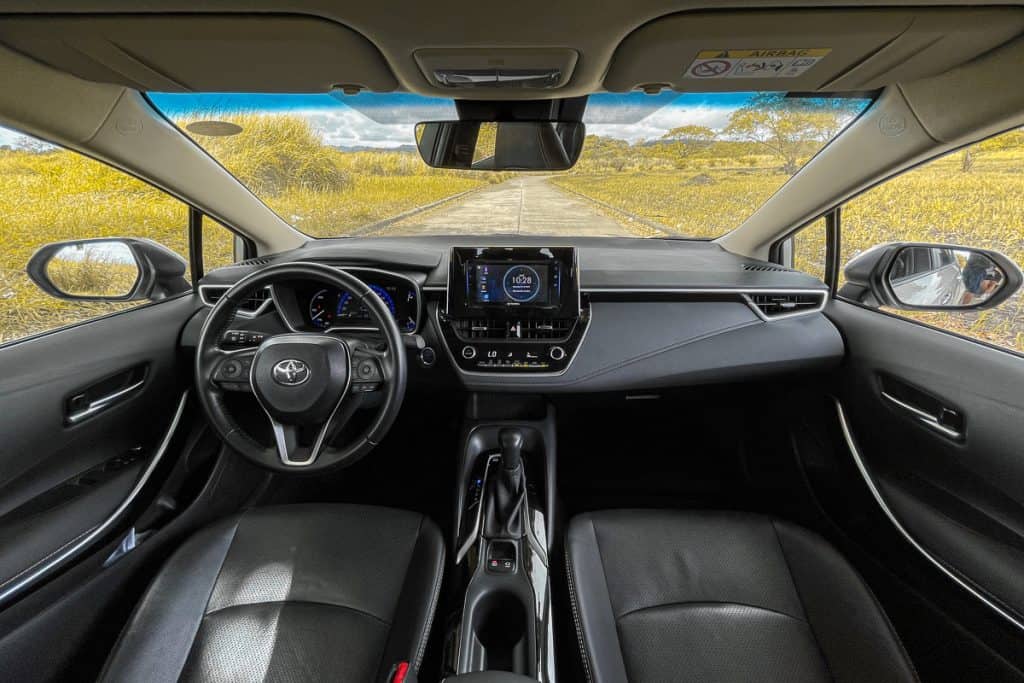
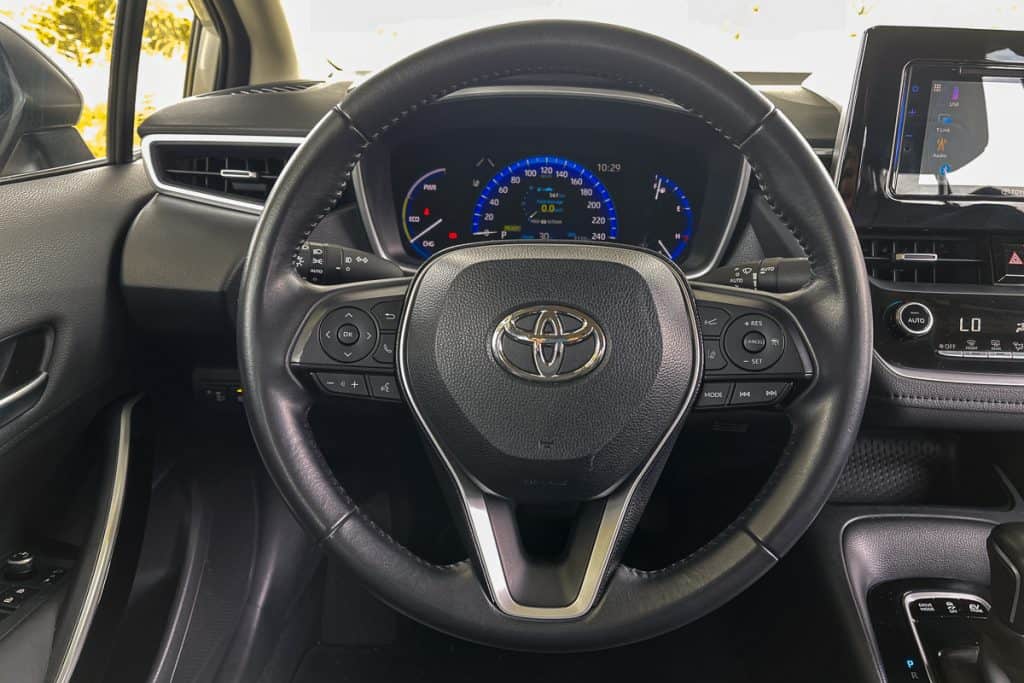
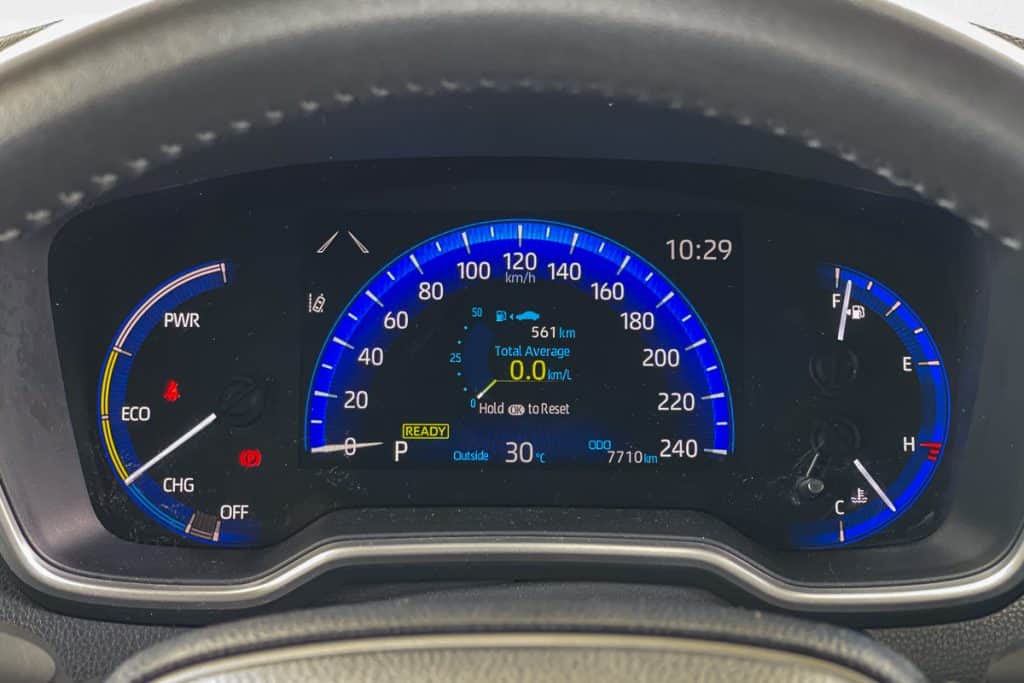
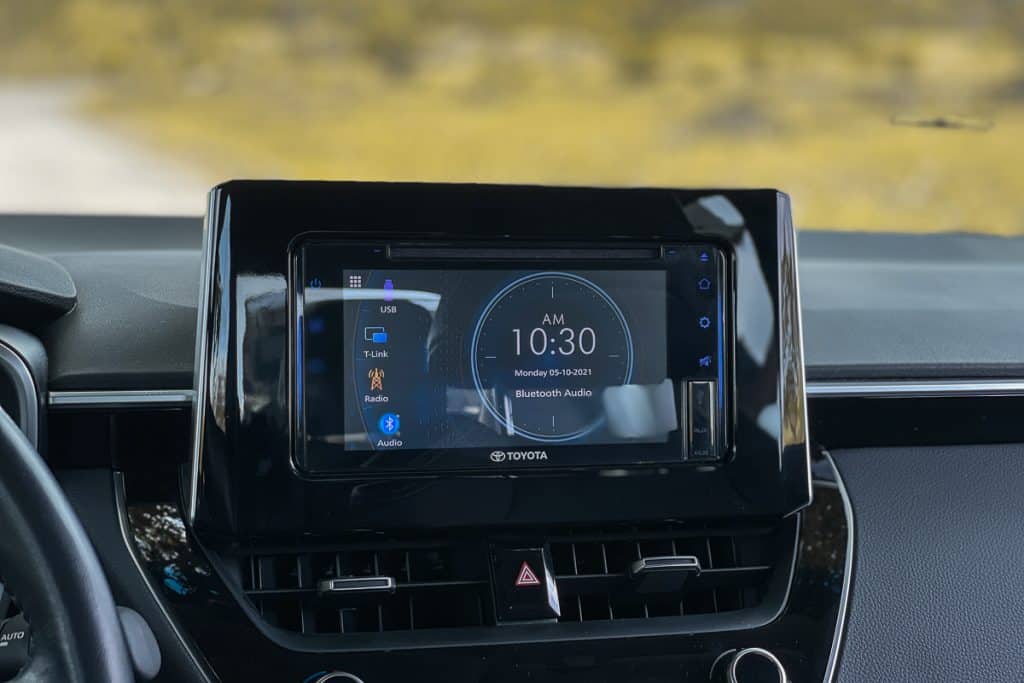
Truth is, Toyota hybrids may not be fast because of the added weight but they are quick, thanks to the instantaneous torque coming from the electric motor. Moreover, the low-center gravity brought about by the battery’s low placement in the platform aid in handling. Case in point: the Corolla Altis Hybrid is a nimble sedan that scores high in handling in my tally sheet.
Hybrids are expensive.
As mentioned above, Toyota has already introduced a more affordable pair of hybrid models with the latest Corolla Altis and Corolla Cross.
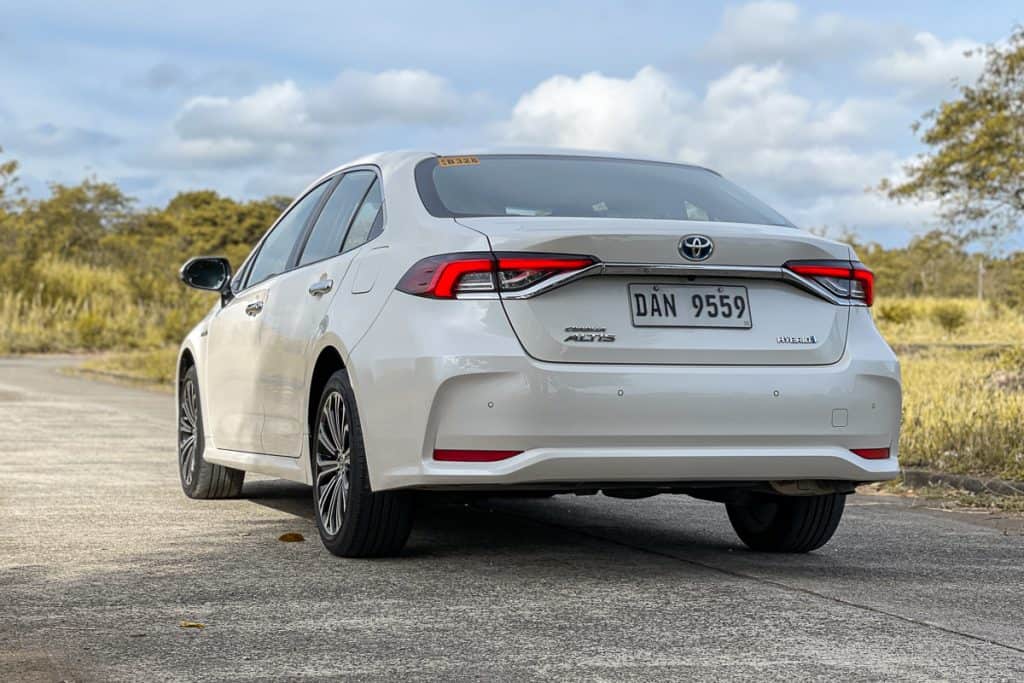
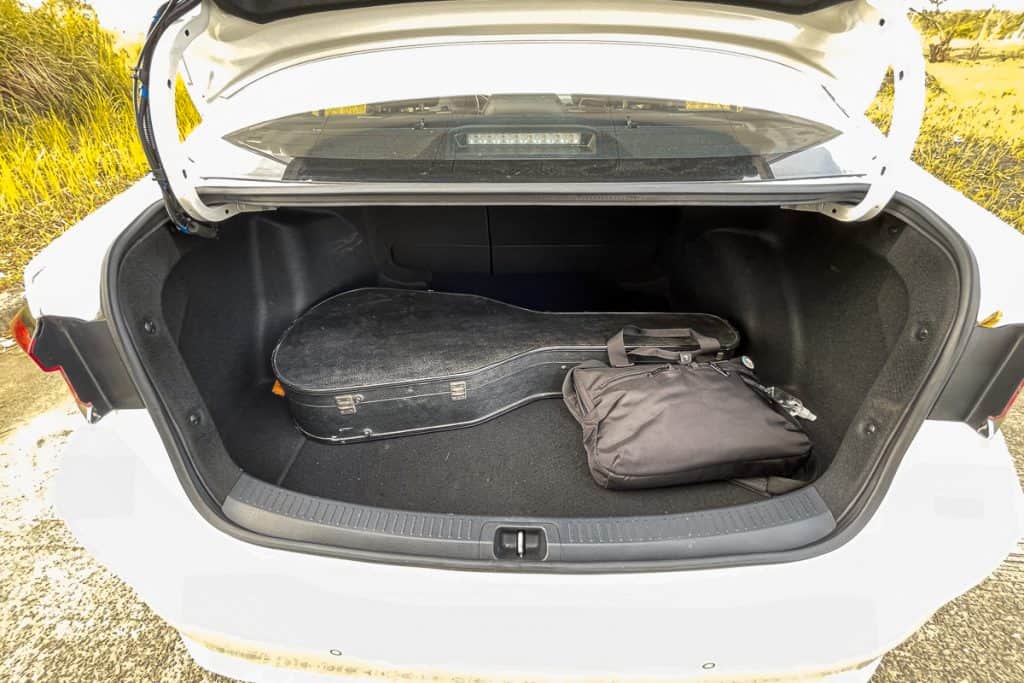
The Corolla Altis Hybrid in non-White Pearl variant doesn’t cross the P1.6-million mark, and that already comes with a bevy of tech features such as Toyota Safety Sense, which includes the heaven-sent adaptive cruise control. In comparison, it’s much more affordable than a Honda Civic RS Turbo, but with the advantage of outstanding fuel efficiency.
In my test, I was able to clock in 28.2 km/L with the Corolla Altis Hybrid on the highway at a cruising speed of 90 km/h. To this day, the Corolla Altis Hybrid remains to be the most fuel-efficient vehicle of all the cars I’ve ever tested.
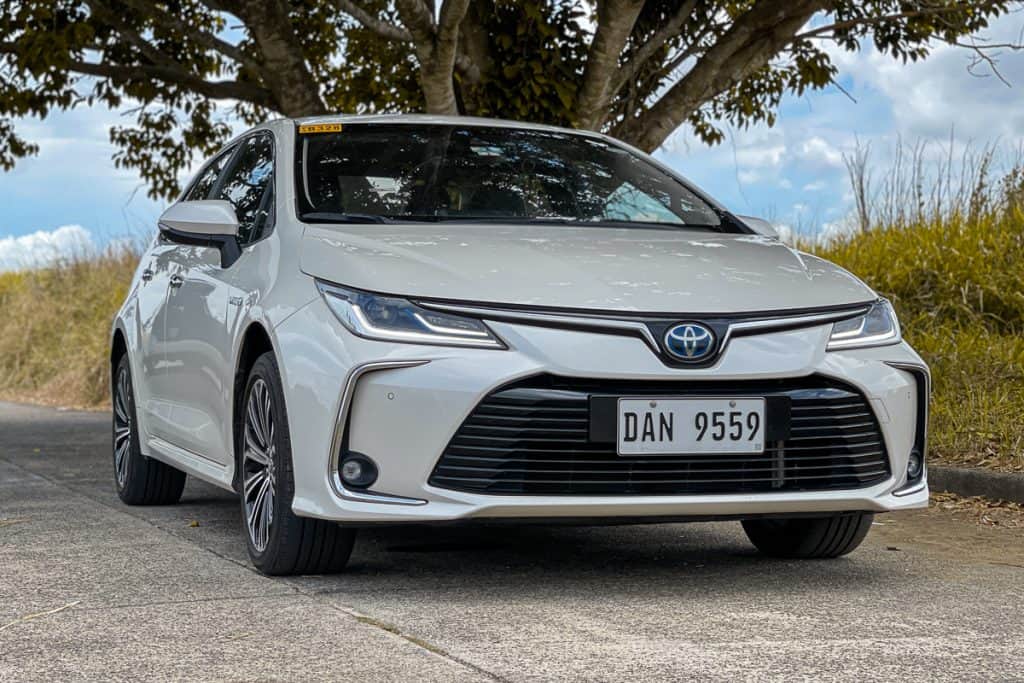
Truth be told, if you’re not considering the Toyota hybrid at this point, like the Corolla Altis Hybrid that you see here, you’re missing quite a lot. By all means, the sedan isn’t a perfect vehicle, considering the lot of possible improvements I reckon should be employed in its cabin.
But with the benefits mentioned above, I don’t see the point of not even considering the nameplate. Test drive a unit today and see what I mean. Don’t let your misconceptions influence your judgment.

